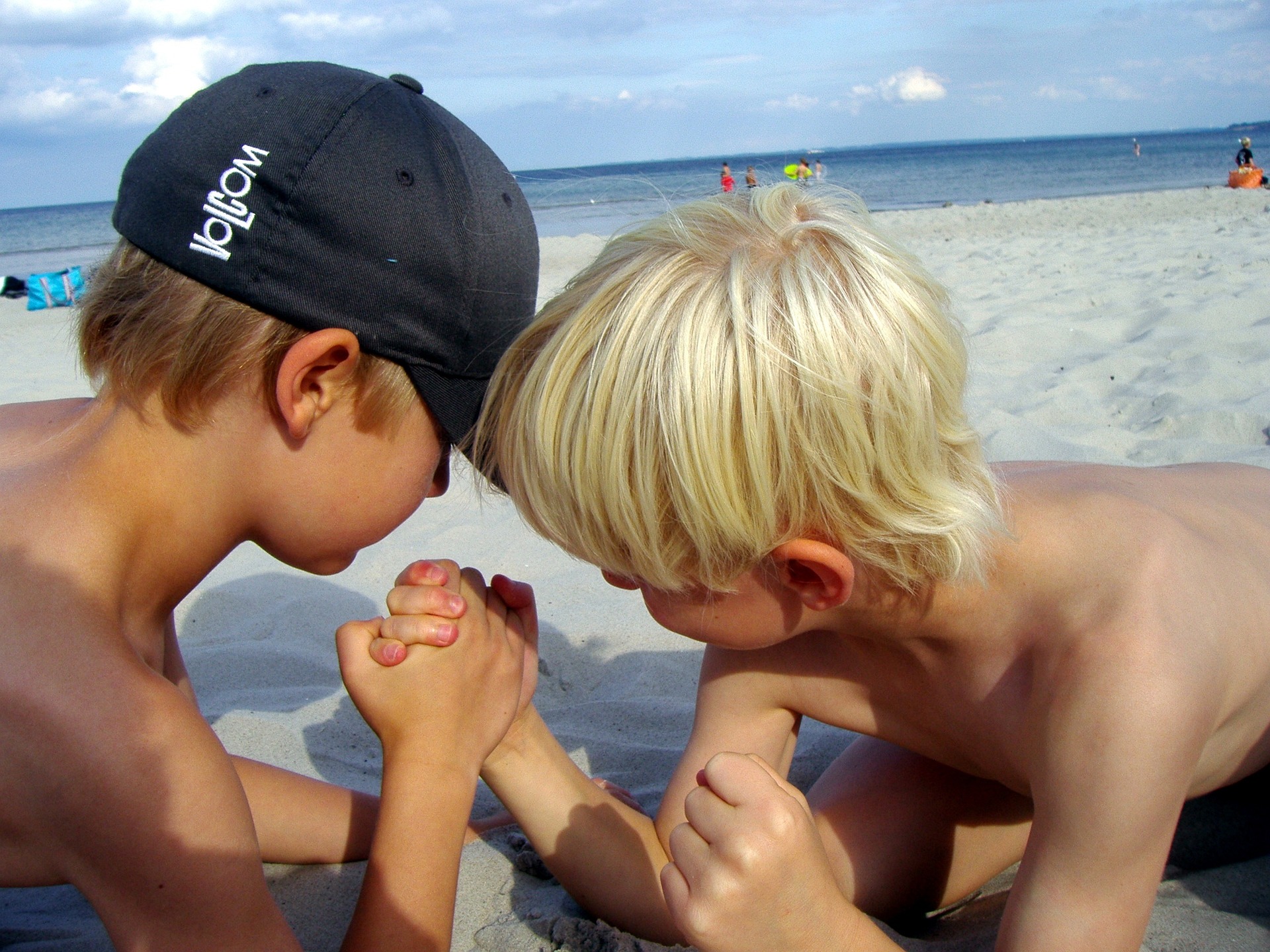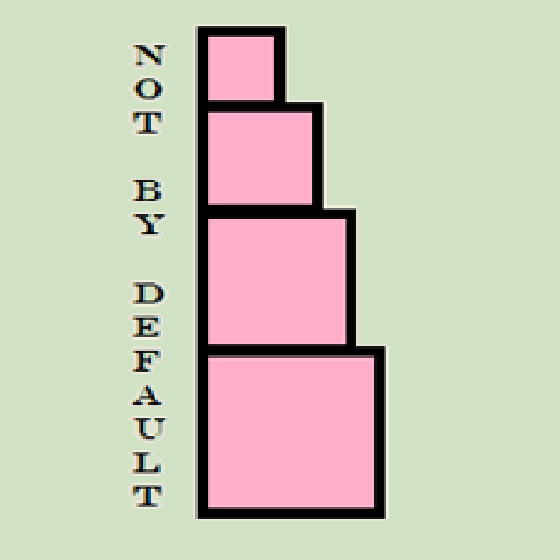Another argument that I mentioned in my introduction to this series is as follows, “children need to know who is in charge” and the arguer is often trying to make the case that you must use punitive, and often physical discipline to make sure that the children understand this point well.
Here is the problem with that argument. Even if you never punish a child, even if you never correct them, even if you do nothing to enforce this point, your child knows. They recognize their vulnerability. It is part of the reason why siblings compete for attention and resources. That competitor is a threat to their relationship with their provider. A child knows when they are too small to reach something. They recognize that they cannot drive a car or wipe their own bottom. They may know what they want to eat, but they do not know how to acquire and prepare it.

Older children who are becoming more competent and independent still recognize that they need help in their day to day lives. They naturally look to their adults for that leadership. It is their job to push back, to test limits, and to break rules. This is how they learn where they fit into their social structure, and in the ideally safe space of their home they can navigate ethics and rule breaking and the consequences. It doesn’t change that they know they are not in charge.
Even the teenager in the height of their rebellion and fight for independence desperately needs to know that they have the unconditional connection to their adults. They know they are not the ones paying all the bills, and they are likely still afraid to schedule their own doctors’ appointments. No matter how they try to throw off the power of authority over them they still recognize that it is there. They are still driven to please those adults that they hold in the highest esteem and ideally those adults would be their parents.
Even the teenager in the height of their rebellion and fight for independence desperately needs to know that they have the unconditional connection to their adults. They know they are not the ones paying all the bills, and they are likely still afraid to schedule their own doctors’ appointments. No matter how they try to throw off the power of authority over them they still recognize that it is there. They are still driven to please those adults that they hold in the highest esteem and ideally those adults would be their parents.

So, then my response to that initial argument that, “children need to know who is in charge” is simple. They already do. Now how are you going to hold onto that authority and respect? How are you going to keep their trust? Manipulation, behaviorism, and physical shows of power will not strengthen your authority. It will just keep your child in line until they realize that they can overpower you. It may keep them in line in front of you, but they will not trust your judgement for what they do when you are not looking. They will not trust you with their secrets and failures because you have created a relationship that is unbalanced in power and respect.
They know you are in charge, and you know you are in charge. The much more important question is what will you do with that power?
They know you are in charge, and you know you are in charge. The much more important question is what will you do with that power?

